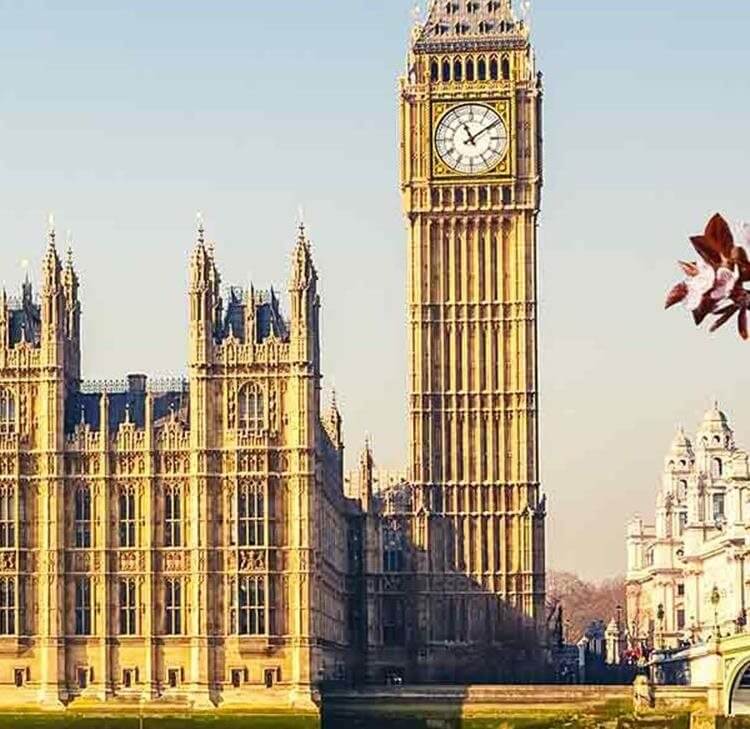Modern Slavery and the NHS – new challenges on the horizon for NHS bodies and their suppliers
According to a report published by the Financial Reporting Council in April, modern slavery generates an estimated US$150 billion annually and encompasses 40 million people in slavery globally.
According to a report published by the Financial Reporting Council in April, modern slavery generates an estimated US$150 billion annually and encompasses 40 million people in slavery globally. The UK is far from immune from this form of organised crime. In the year to September 2021, the police recorded 9,158 modern slavery offences. Most commentators believe the statistic is a tiny fraction of the appalling reality in this country today.
The Health and Care Act 2022 received Royal Assent on 28 April 2022. It contains provisions aimed at “eradicating the use in the NHS in England of goods or services that are tainted by modern slavery”
A Modern Slavery Bill was announced on 10 May 2022.
Combating modern slavery in the NHS and more broadly has evidently moved up the Government’s agenda and is now a priority.
NHS bodies seem set to face a number of new challenges relating to modern slavery as an employer and a purchaser of goods and services.
Those wanting to supply goods or services to NHS bodies are expected to have to navigate an ever more demanding anti modern slavery procurement regime.
Health and Care Act 2022
The Covid-19 pandemic put extraordinary pressure on NHS bodies to source goods, such as PPE and lateral flow test kits, and services, at a time when many countries around the world were, like the UK, desperate to secure them.
Concerns that normal procurement procedures were short-circuited with the consequent increase in risk that some goods and services were tainted by modern slavery, subsequently became widespread.
The Government acknowledged the veracity of these concerns when it accepted an amendment to the then Health and Care Bill. It states that the Government “must” make regulations aimed at eradicating goods and services tainted by modern slavery from the NHS in England.
It is not known when the regulations will be made/come into effect or what they will require of NHS bodies or their suppliers/prospective suppliers, but the Health and Care Act 2022 states that the regulations may, in particular include –
- provision in connection with the processes to be followed in the procurement of goods or services by NHS bodies (including in relation to the circumstances in which a supplier is excluded from consideration for the award of a contract);
- provision as to steps that must be taken by the NHS for assessing and addressing the risk of modern slavery taking place in relation to people involved in NHS supply chains; and
- provision as to matters for which provision must be made in contracts for goods or services entered into by NHS bodies for the purposes of the health service in England.
The Queen’s Speech
The Queen’s Speech on 10 May 2022 outlined the Government’s legislative plans for this parliamentary session. These include the introduction of a Modern Slavery Bill with the purpose of:
“strengthening the protection and support for victims of human trafficking and modern slavery and to increase accountability of companies and other organisations to drive out modern slavery from their supply chains”.
Modern Slavery Bill
Details of the Modern Slavery Bill have not yet been published, but the announcement in the Queen’s Speech is consistent with the Government’s response to a consultation exercise on changes to the Modern Slavery Act 2015’s transparency in supply chains provisions. In a foreword to the response the Home Secretary said:
“We will extend the reporting to public bodies to leverage public procurement and address risks in public sector supply chains. We will also mandate the specific topics statements must cover, set a single deadline for reporting and require organisations to publish directly to the new government reporting service, to empower investors, consumers and civil society to scrutinise the action taken across the private and public sector.”
Enforcement
The consultation exercise highlighted the need for greater enforcement of the current modern slavery reporting requirements. The Government has stated that it will consider enforcement options in line with the development of the single enforcement body for employment rights now in development.
Conclusions
Health and Care Act 2022
Pending further information, NHS bodies should review their approach to the procurement of goods and services to take account of the subject areas referred to above as provisions that may be included. This is likely to include a review of a body’s commercial terms and conditions.
Those who supply goods and services to NHS bodies, or want to do so, ought to carry out a similar exercise now to avoid finding themselves at a severe competitive disadvantage.
Modern Slavery Bill
NHS bodies, their suppliers, and would-be suppliers, in particular those who meet the £36 million threshold, are encouraged to review their approach to preventing modern slavery in their organisation and its supply chains and the quality of their modern slavery statement before the Modern Slavery Bill becomes law.
Understanding your organisation and its supply chains from a modern slavery perspective is almost invariably a complex and time-consuming exercise, as is ensuring that action is taken to protect the organisation from suppliers in its supply chain. Time should not be lost in exploring or re-exploring these matters.
How the Government will deal with enforcement remains to be seen but preparing for these new laws should be a priority for many NHS bodies and their suppliers to protect victims and potential victims of modern slavery, the reputation of the organisation and ensure legal compliance.
A mandatory requirement to publish modern slavery statements on the government registry should drive up both compliance and the quality of statements year on year. A central, public repository makes it easy to check whether an organisation has published a statement, to review progress each year, and to compare its statement to those produced by other NHS bodies and their suppliers.
If you would like to further discuss your organisations’ approach to dealing with the issues arising from new laws on modern slavery please do not hesitate to contact:
Contact

Raymond Silverstein
Partner
raymond.silverstein@brownejacobson.com
+44 (0)207 337 1021





![Contractual liability for all inclusive treatment: Bartolomucci v Circle Health Group Limited [2025]](/getattachment/95f9533b-f99c-4fcc-b8d5-3f93904b8242/shutterstock_1265400856.jpg?variant=HeroImageTabletVariantDefinition)


































